Apple Promotes iCloud's Advanced End-to-End Encryption Feature as Data Breaches Increase
Apple today shared a study conducted by MIT professor Dr. Stuart Madnick that found 2.6 billion personal records were compromised by data breaches in the past two years. The study was commissioned by Apple, but the cover page says that the "conclusions and opinions expressed are exclusively those of the author."
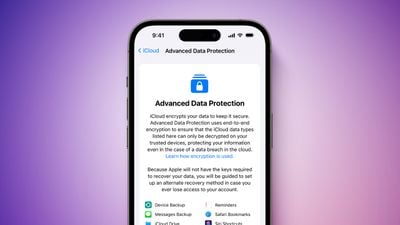
Apple provided an overview of the study in its press release:
The report illustrates that the historic threats to user data that saw the number of data breaches nearly triple between 2013 and 2022, compromising 2.6 billion records over the course of two years, are only getting worse in 2023. In the U.S. alone, there were nearly 20 percent more breaches in just the first nine months of 2023 than in any prior year. The target for cybercriminals was very clear, with a 2023 survey finding that over 80 percent of breaches involved data stored in the cloud. This is after attacks targeting cloud infrastructure nearly doubled from 2021 to 2022.
Additional details can be found in the study: "The Continued Threat to Personal Data: Key Factors Behind the 2023 Increase."
Apple says the study's findings emphasize the need for end-to-end encryption, which iCloud already provides for 14 data categories by default. For users looking for additional protection, Apple offers an optional feature called Advanced Data Protection, which increases the number of iCloud data categories covered by end-to-end encryption to 23, including iCloud Backup, Notes, Photos, Voice Memos, and more.
"Bad actors continue to pour enormous amounts of time and resources into finding more creative and effective ways to steal consumer data, and we won't rest in our efforts to stop them," said Apple's software engineering chief Craig Federighi.
Popular Stories
iOS 17.2 has been in beta testing for over a month, and it should be released to all users in a few more weeks. The software update includes many new features and changes for iPhones, including the dozen that we have highlighted below. iOS 17.2 is expected to be released to the public in mid-December. To learn about even more features coming in the update, check out our full list. Journal ...
Unidentified governments are surveilling smartphone users by tracking push notifications that move through Google's and Apple's servers, a US senator warned on Wednesday (via Reuters). In a letter to the Department of Justice, Senator Ron Wyden said foreign officials were demanding the data from the tech giants to track smartphones. The traffic flowing from apps that send push notifications...
Apple today released new firmware update for both the Lightning and USB-C versions of the AirPods Pro 2. The new firmware is version 6B34, up from the 6B32 firmware introduced in November. Apple does not provide details on what features might be included in the refreshed firmware beyond "bug fixes and other improvements," so it is unclear what's new in the update, but prior software releases ...
The iOS 17.2 update that Apple is set to release to the public in the near future will bring support for the next-generation Qi2 wireless charging standard to the iPhone 13 and iPhone 14 models. Qi2 was mentioned in the release notes for the RC version of the update that came out today. With the addition of support for the new standard, iPhone 13 and iPhone 14 models will work with Qi2...
Apple's Korean suppliers have begun developing smartphone under-display cameras (UDC), paving the way for the first iPhone with a true "all-screen" appearance. According to The Elec, LG Innotek has entered the preliminary development of the UDC, which sits under the display and does not result in a visible hole in the panel when the camera is not in use. A UDC differs from a typical front ...
Recently, MacRumors has received details on the battery currently being tested on the upcoming fourth-generation iPhone SE, and the information corroborates previous findings in relation to the device. The iPhone SE 4, known by its device identifier D59, is expected to use the exact same battery found in the base model iPhone 14. Partially assembled prototypes of the next iPhone SE have been ...
Today we're tracking a collection of deals that are matching - or nearly matching - the same all-time low discounts we saw during Black Friday. This includes the AirPods Pro 2 with USB-C, 9th generation iPad, and M1 MacBook Air. Note: MacRumors is an affiliate partner with some of these vendors. When you click a link and make a purchase, we may receive a small payment, which helps us keep the ...
Meta has revealed plans to end Instagram users' ability to chat with Facebook accounts later this month, rolling back a feature that it introduced over three years ago. In September 2020, Meta (then Facebook) announced it was merging its Facebook Messenger service with Instagram direct messaging, allowing Instagram users to chat with Facebook users and vice versa using the same platform....



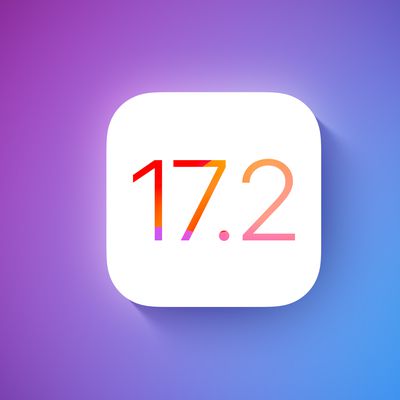
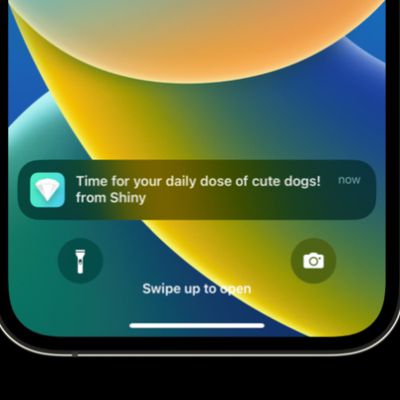
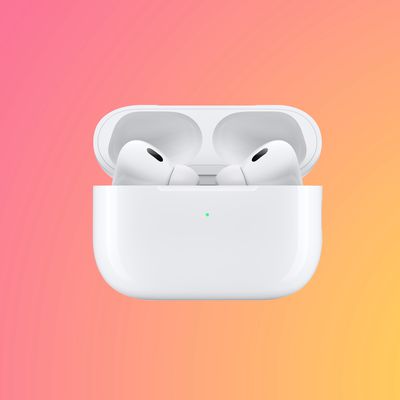
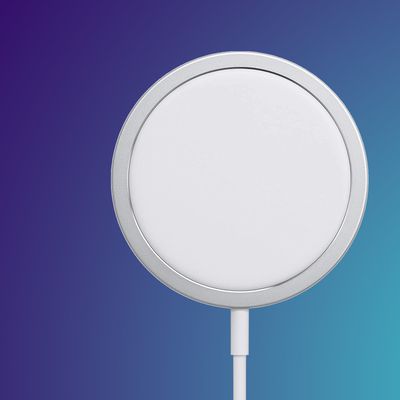
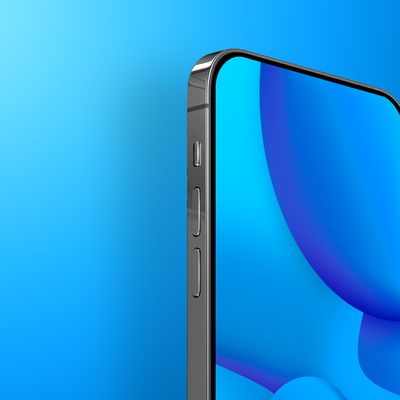
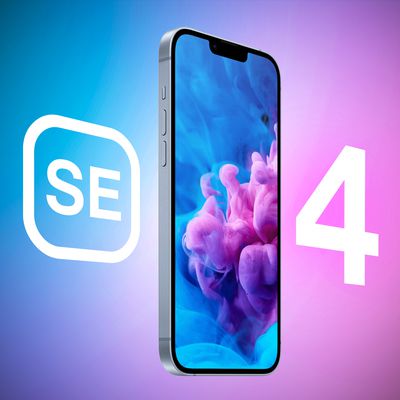
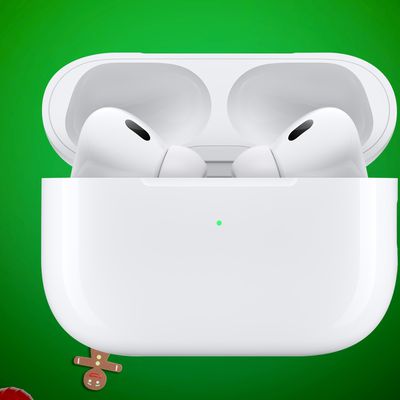
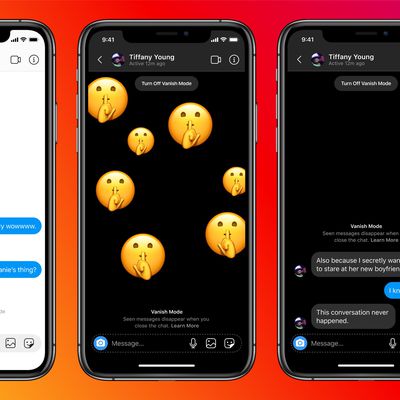


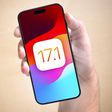







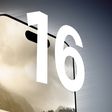
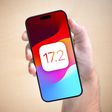

Top Rated Comments
On the other, I believe they’re so arrogant they would never disclose if a data breach actually happened.
I have one on my work key ring and keep two at home in different locations.
The only real drawback is that I've got to insert the YubiKey into the USB port of the computers at work if I need to access iCloud from one of the desktop PCs. Sometimes I need to upload larger documents or folders from my work PC to my iCloud drive, so when I log in to iCloud from my desktop PC, I have to insert my YubiKey. But I'm totally fine with this arrangement.
Otherwise, I've had no issues at all after turning on ADP. It's otherwise invisible when using my Macs and iDevices.
I did have to make sure that all the devices connected to my iCloud account were modern and up to date (so things like older AppleTVs), but that wasn't too much of an issue to be honest, and was a good excuse to upgrade the bedroom TV.
I was expecting to have to have to insert or tap my YubiKey to my new iPhone 15 Pro when I upgraded from my previous phone, but I didn't have to. Authorizing from the old phone was apparently enough.
But I'm satisfied that if somehow my iCloud password leaks that no one will be able to get in around the 2FA and YubiKey.
My data is far more likely to be leaked from some business that I use rather than anything I store on iCloud.
Forced obsolescence is still a thing, if you‘re Apple.
However, if you let Apple have the password, you can recover it if you somehow prove to Apple who you are. Apple's standard of proof is rather low but it is a compromise to usability.